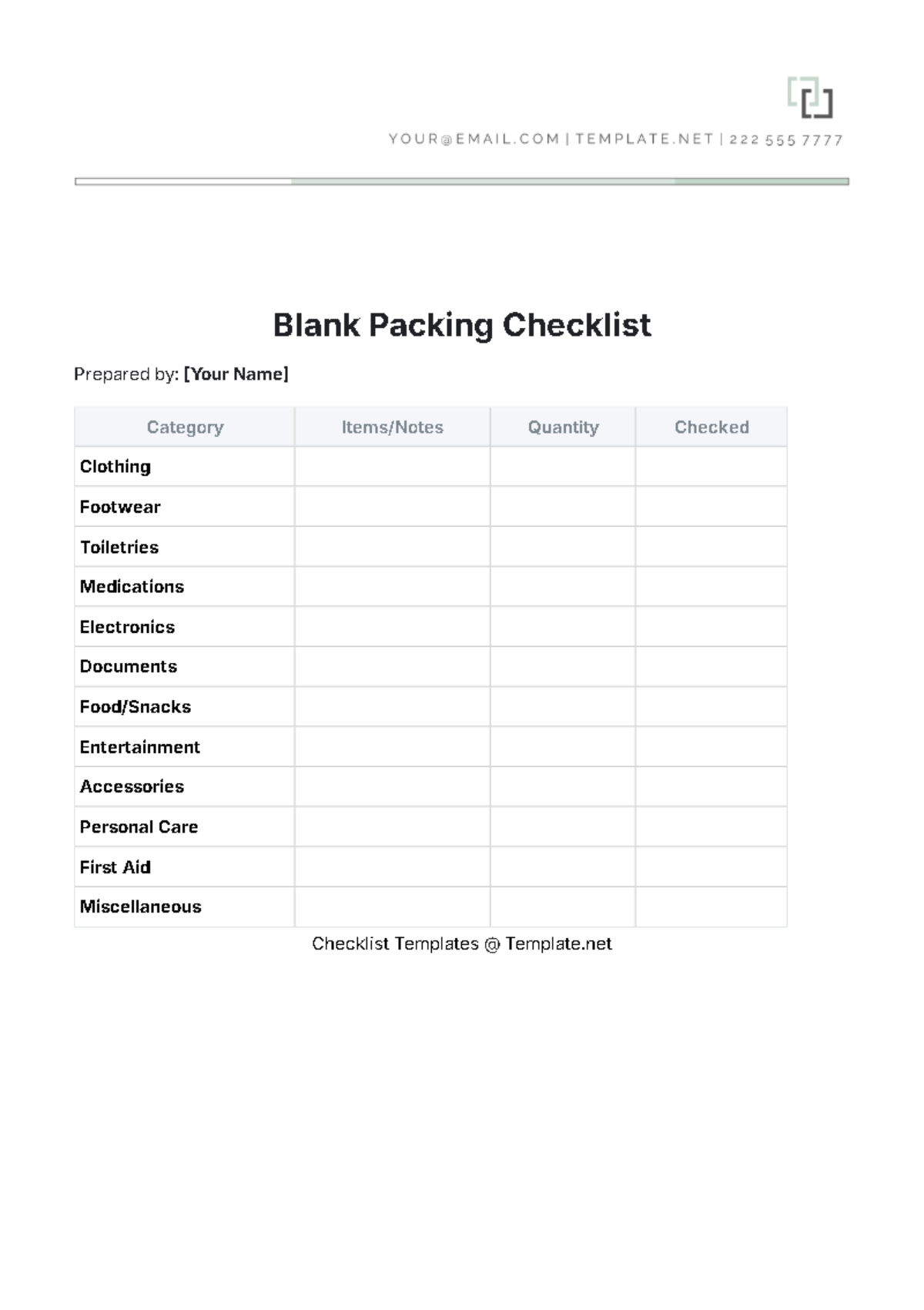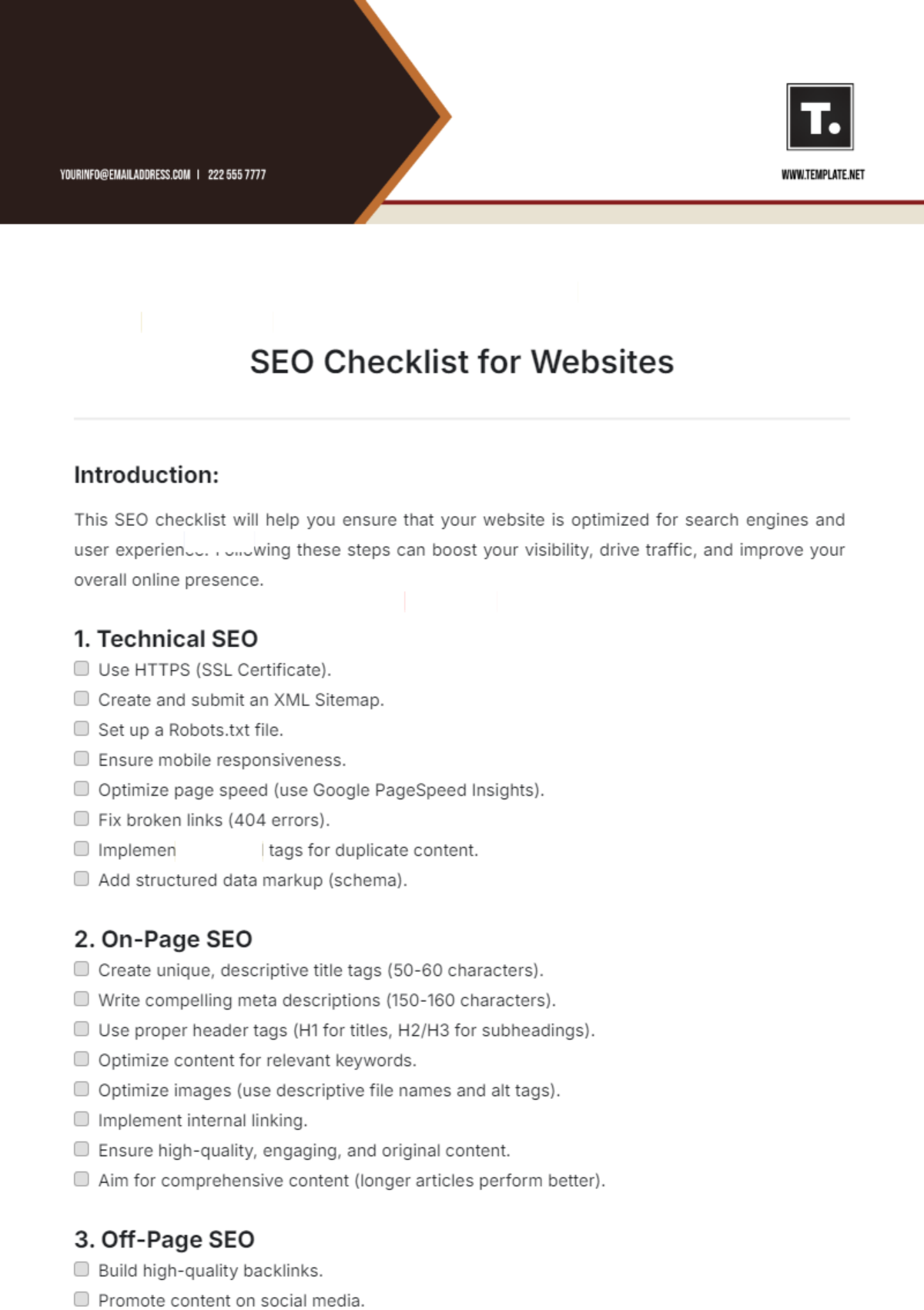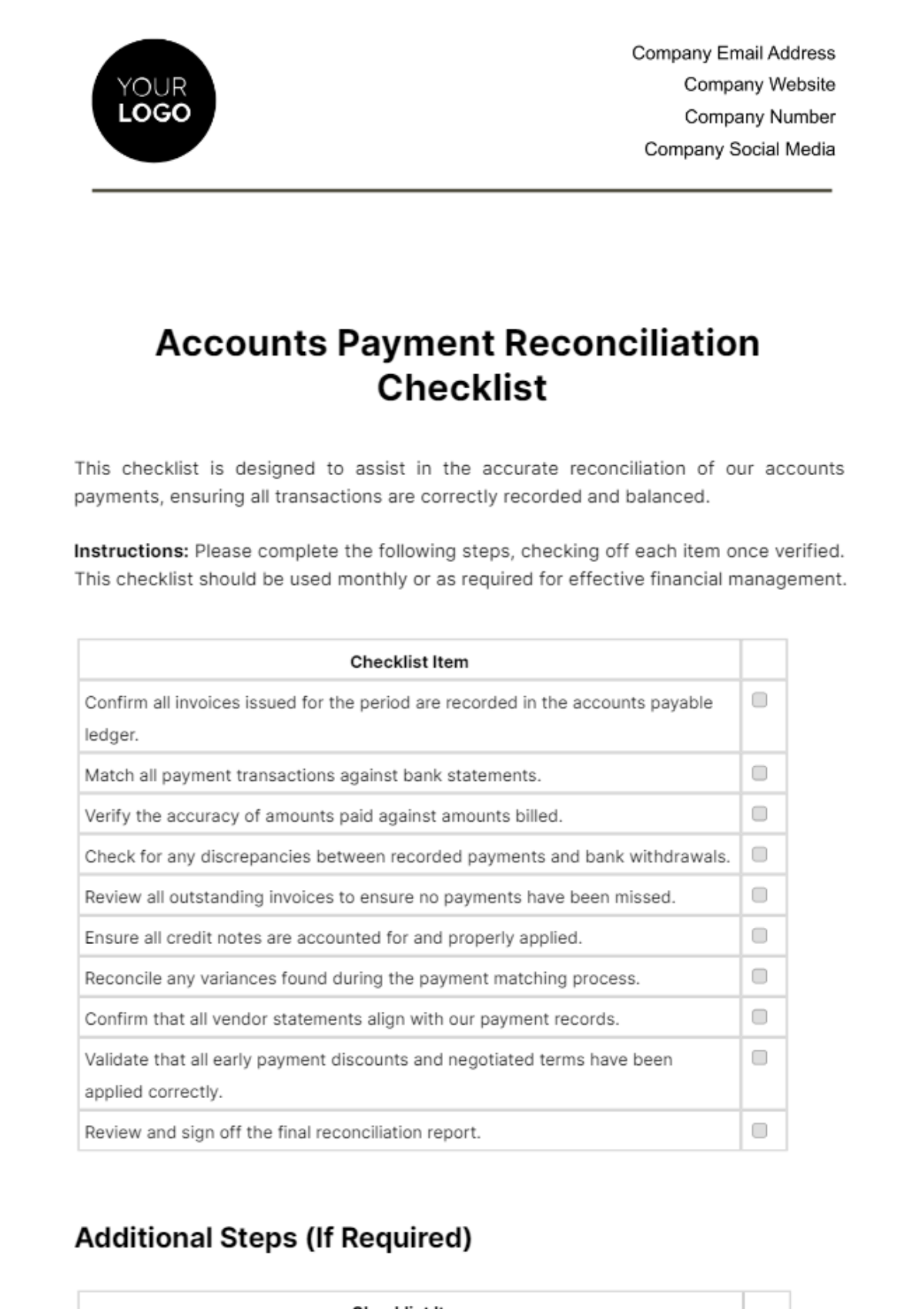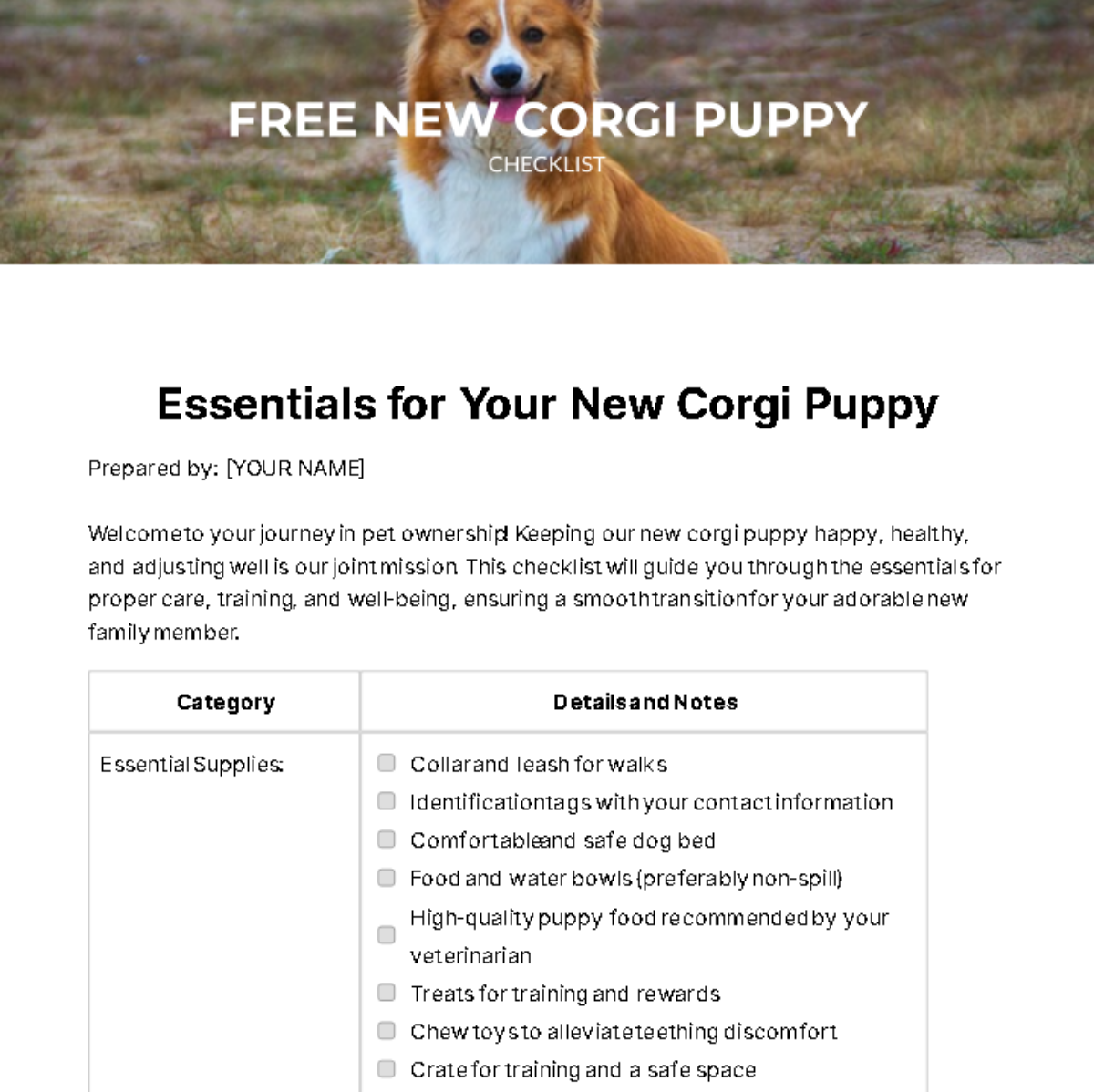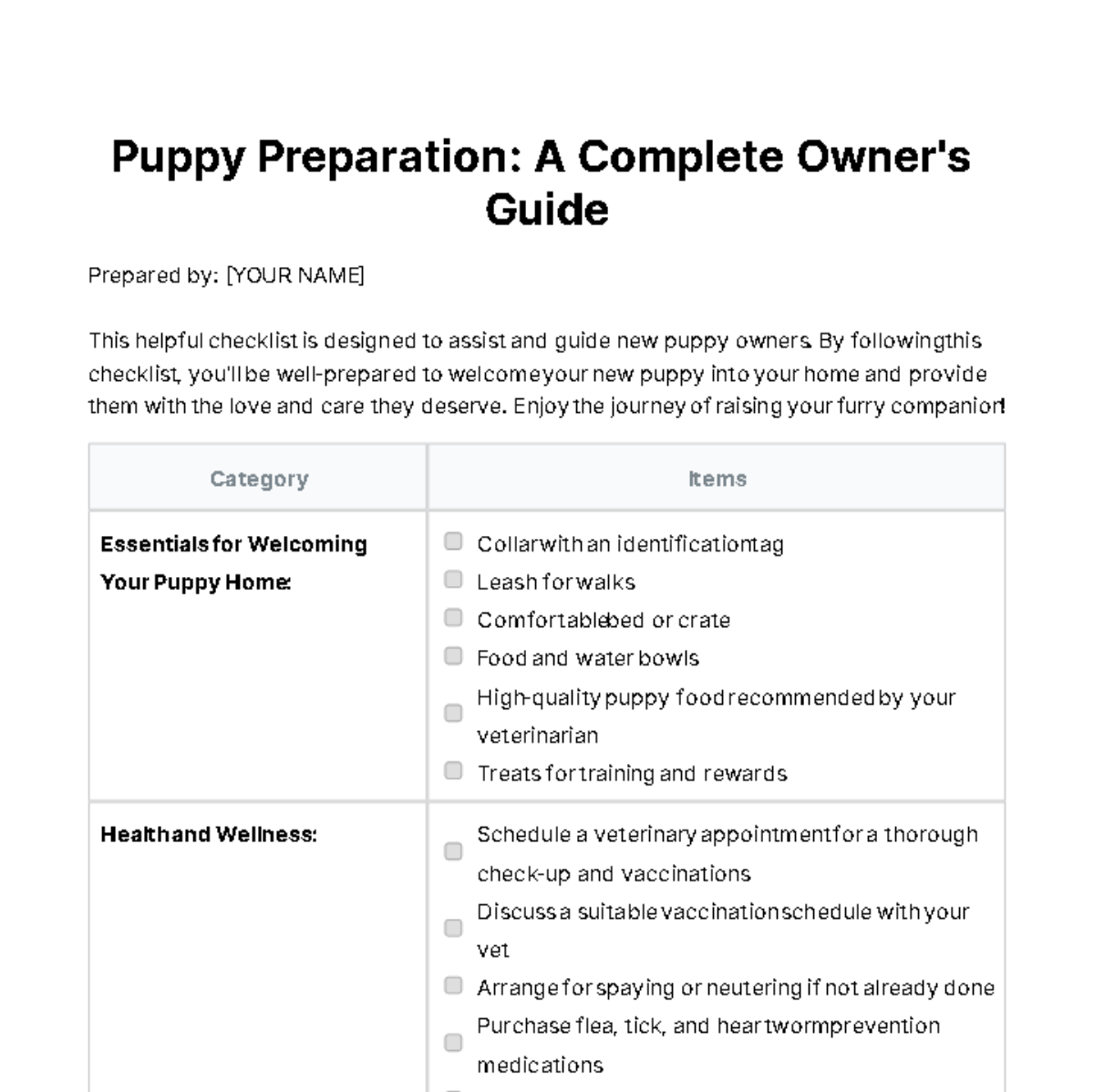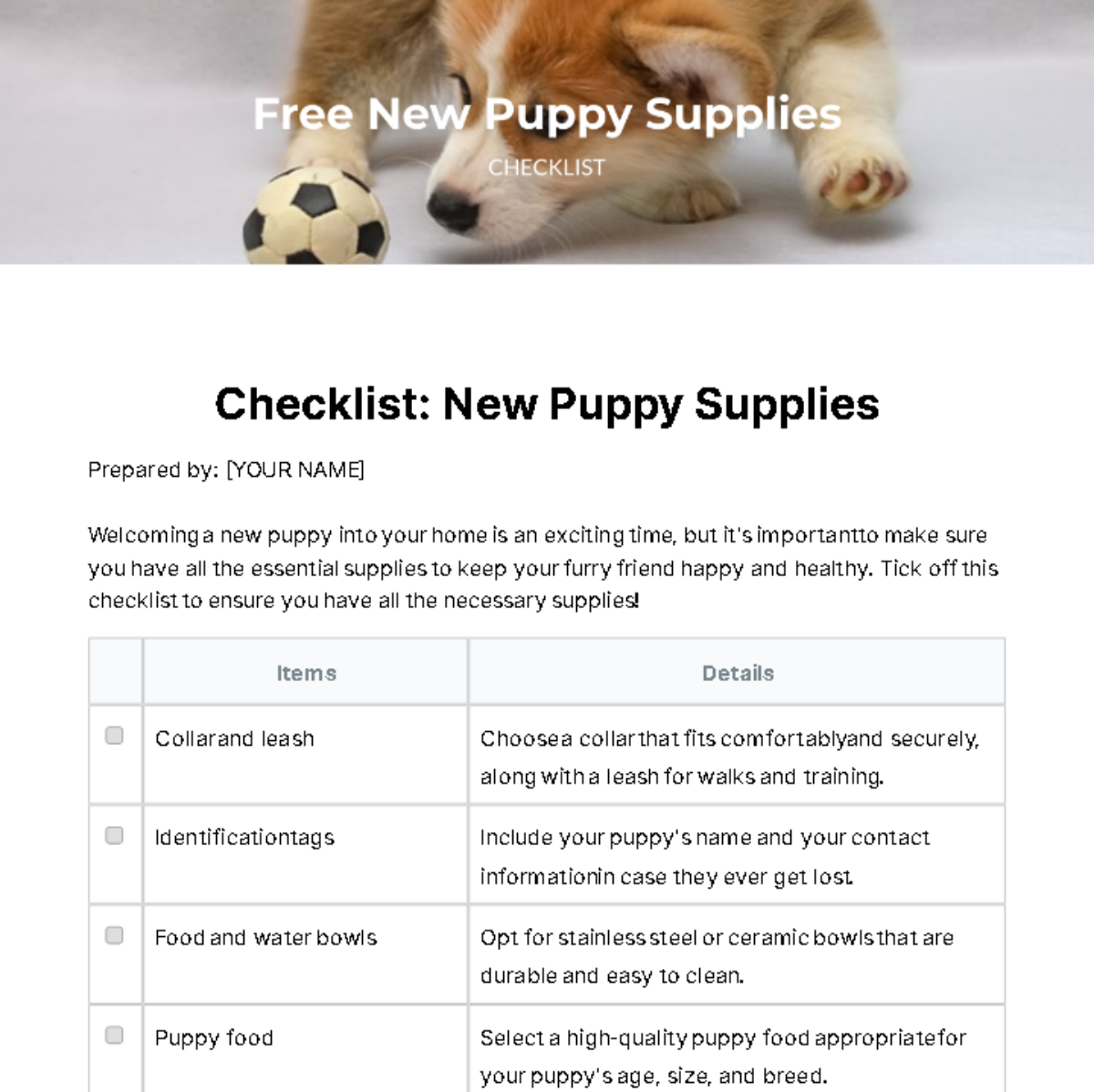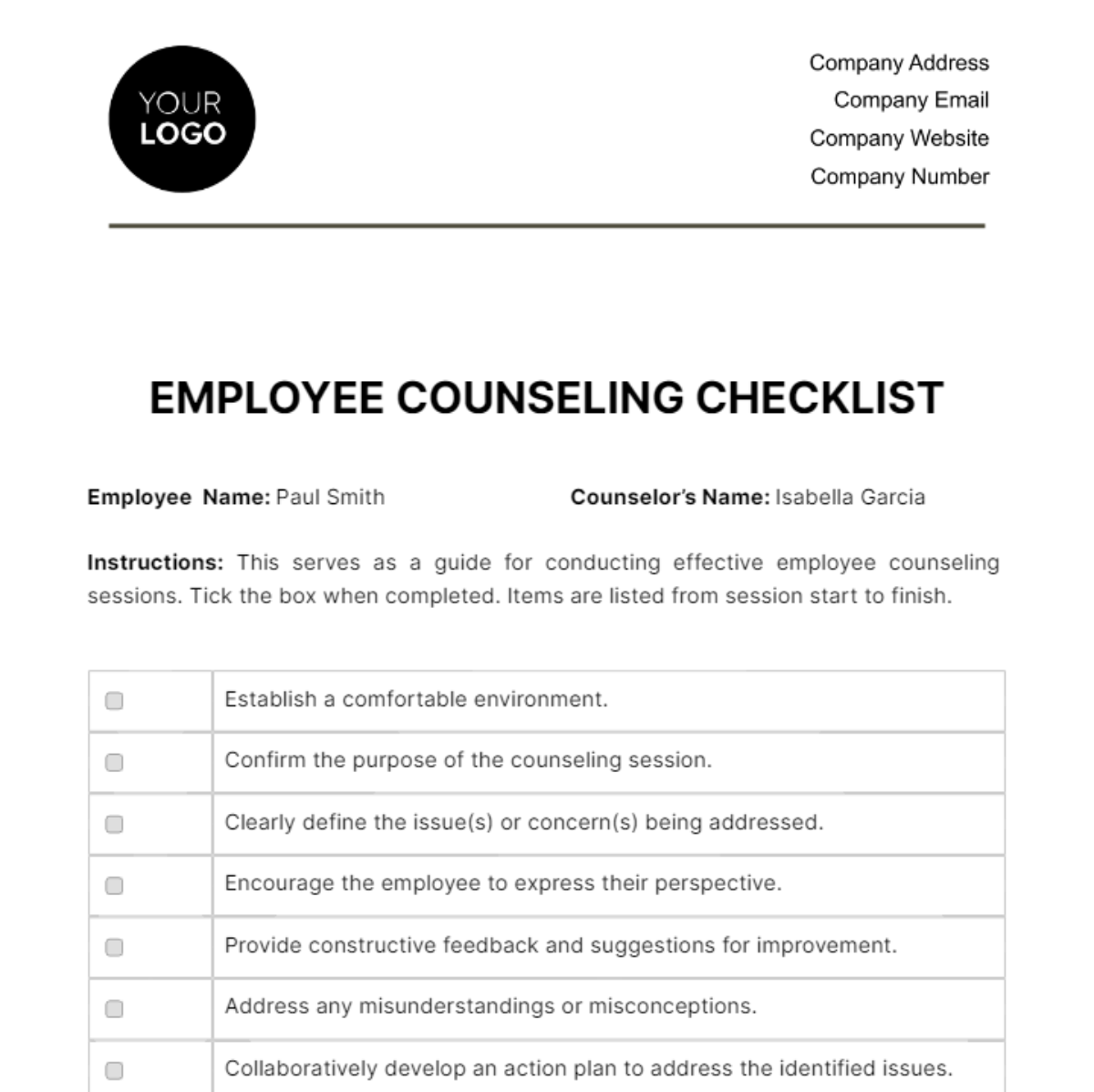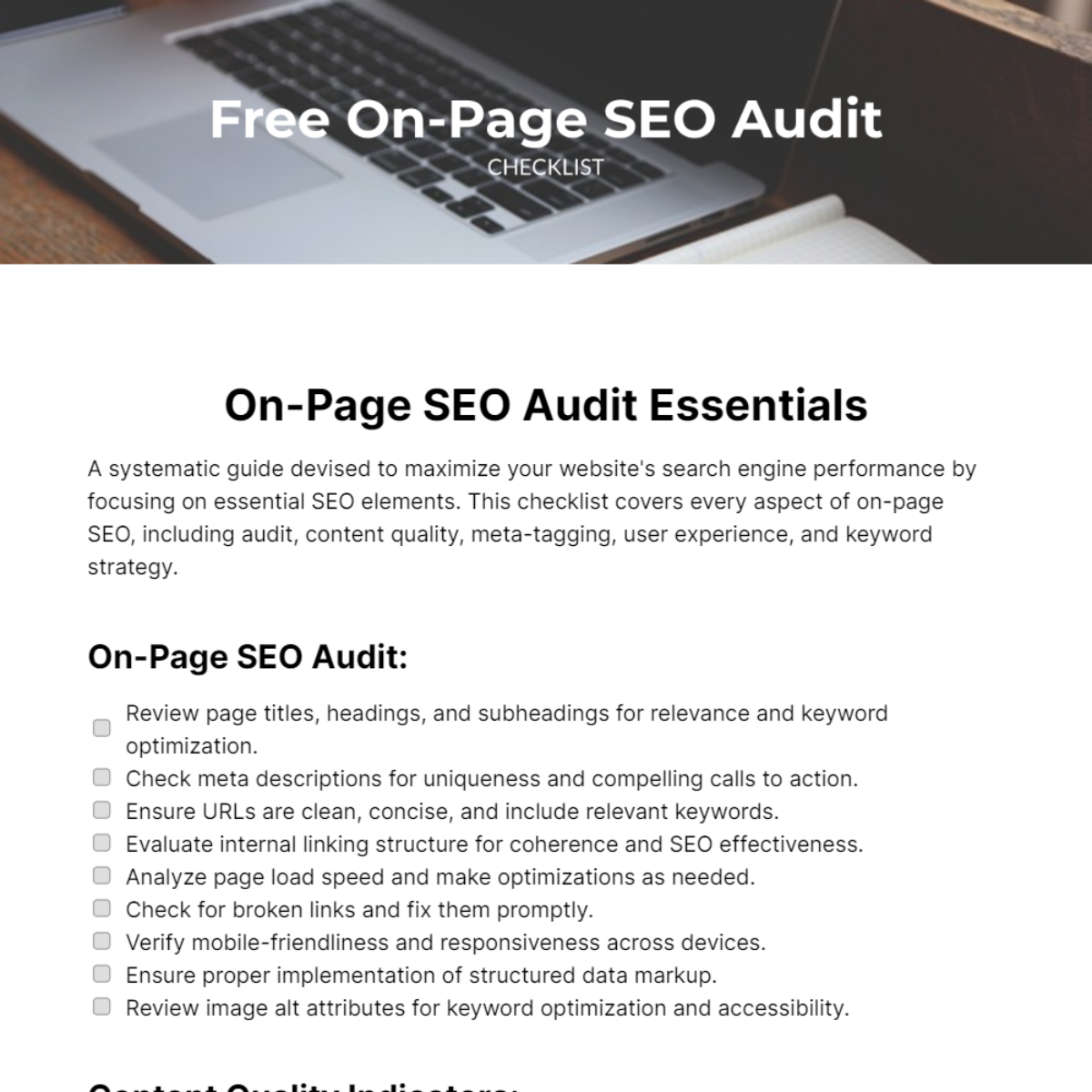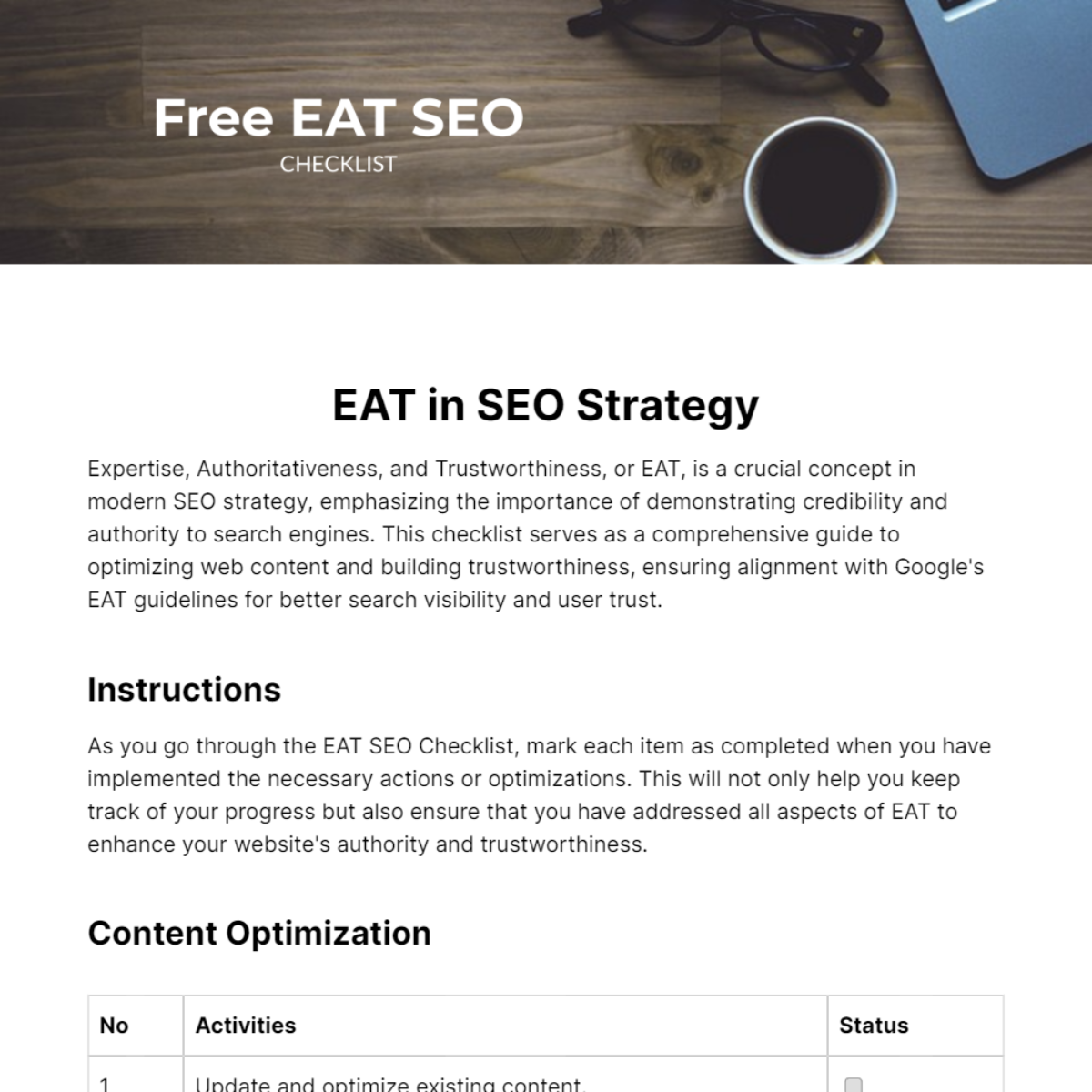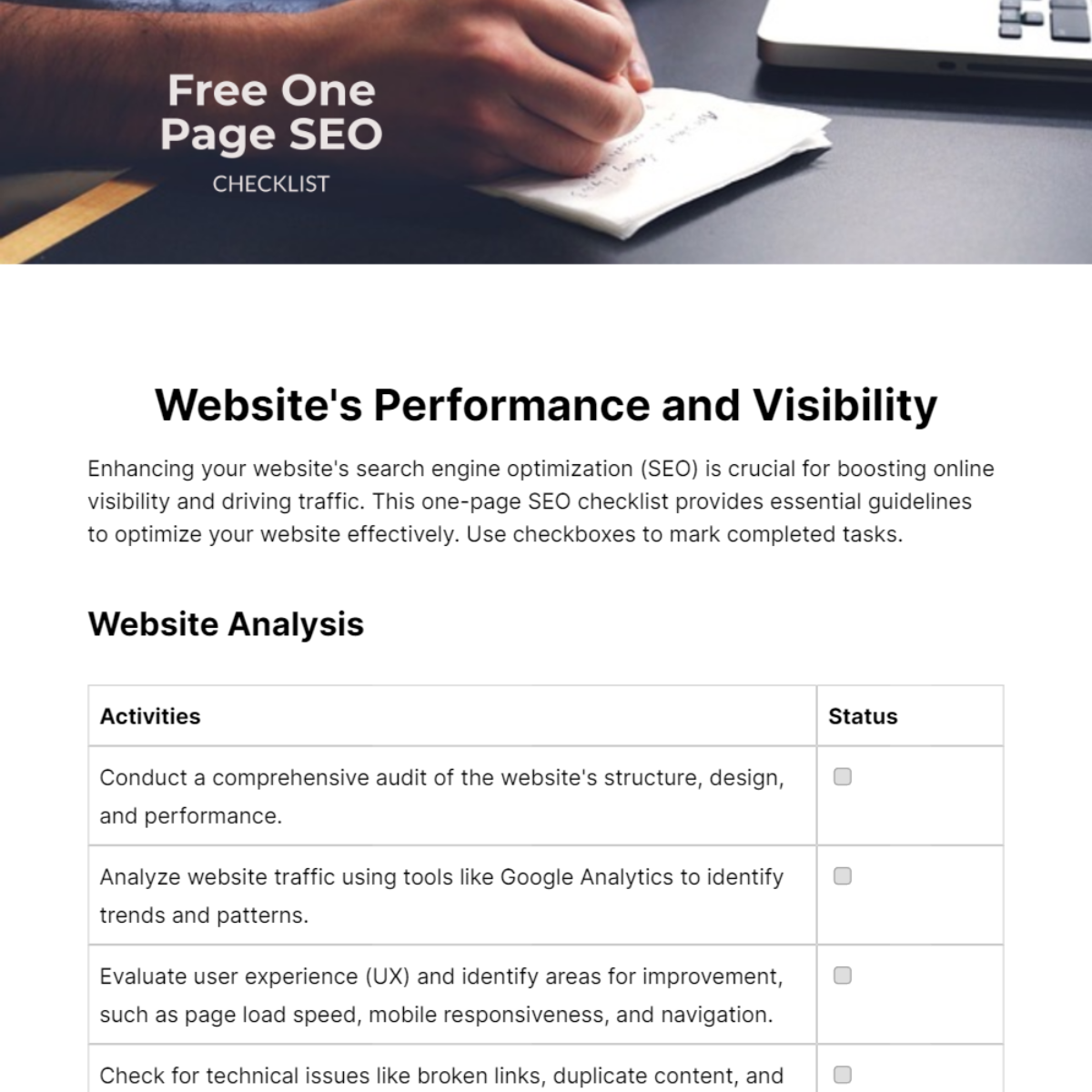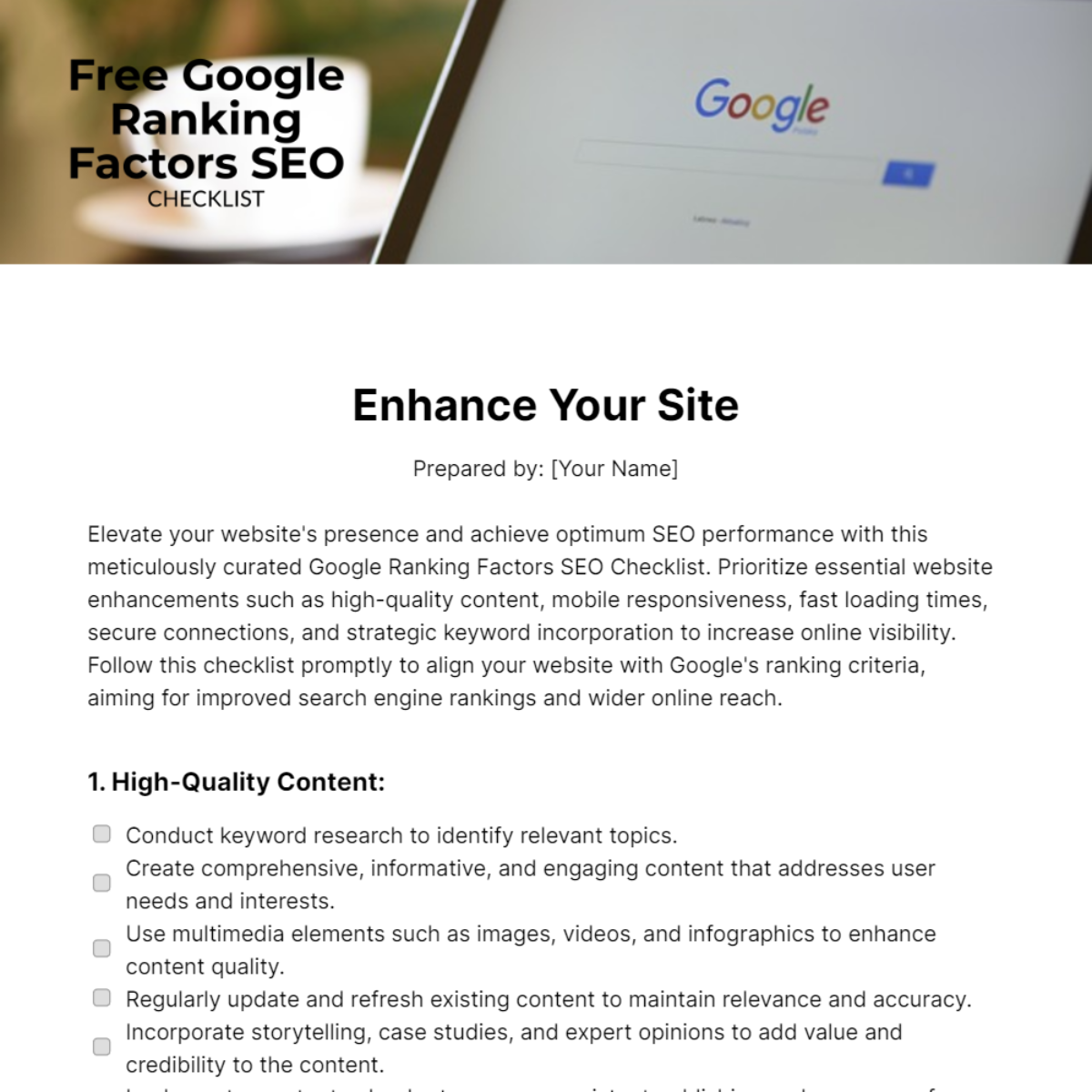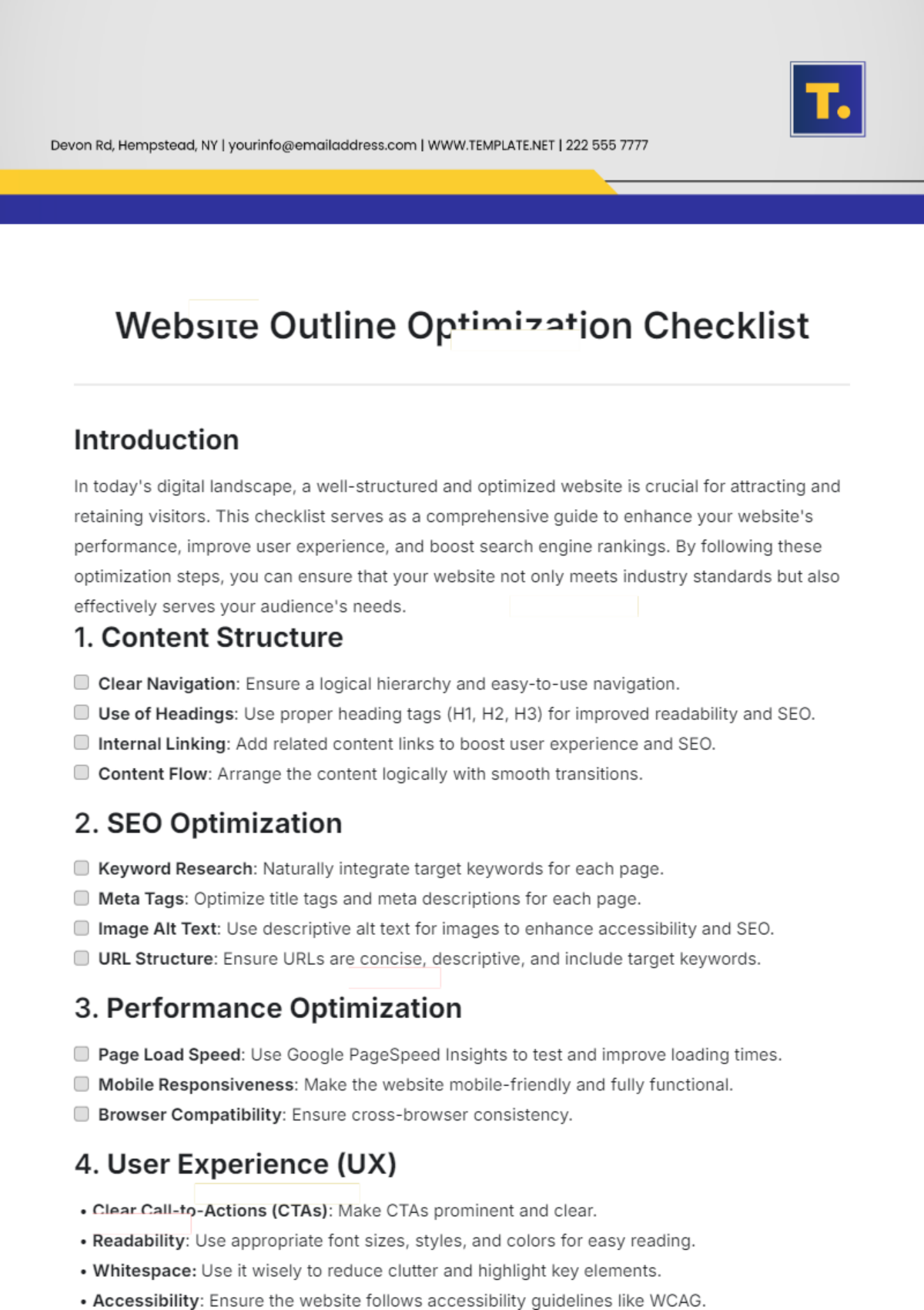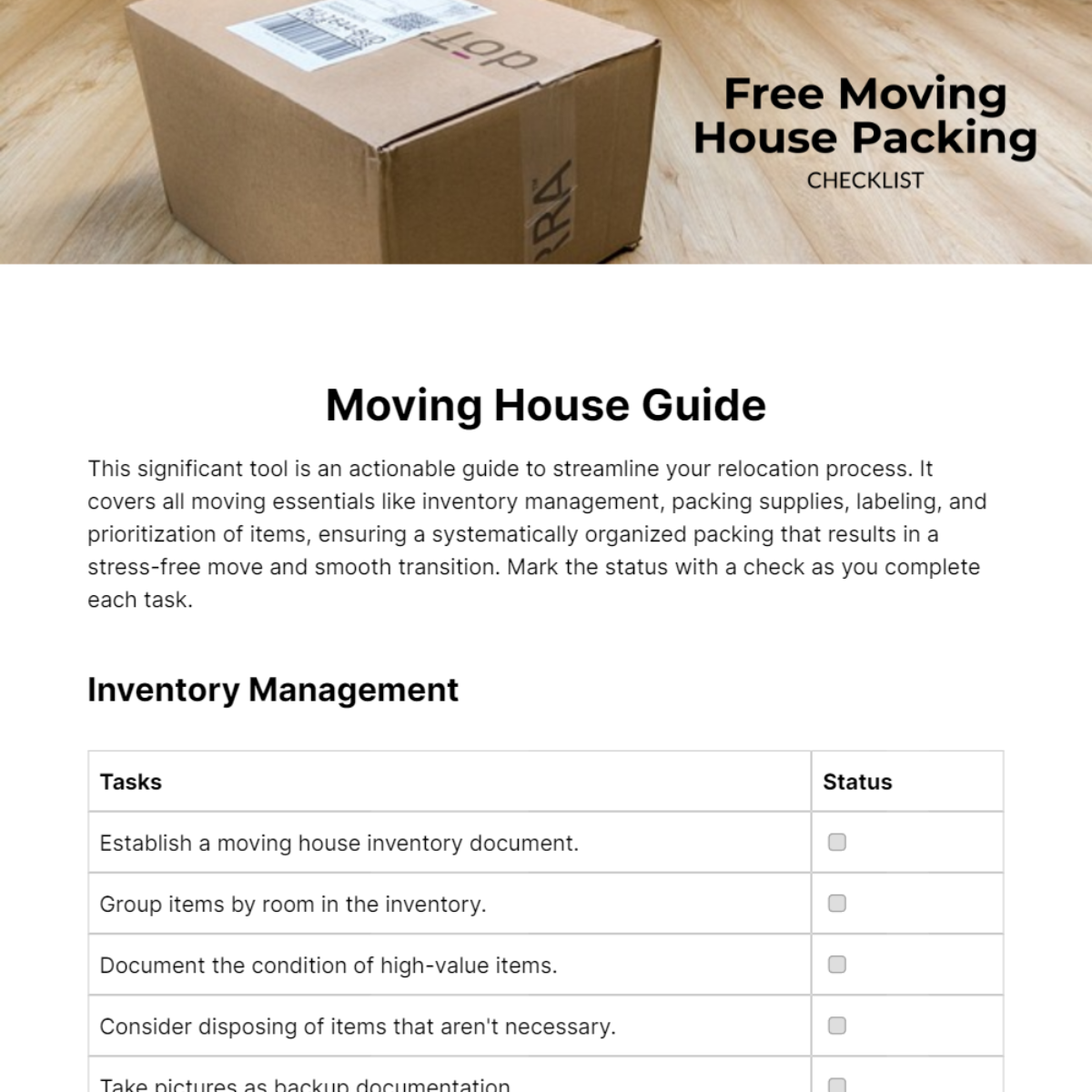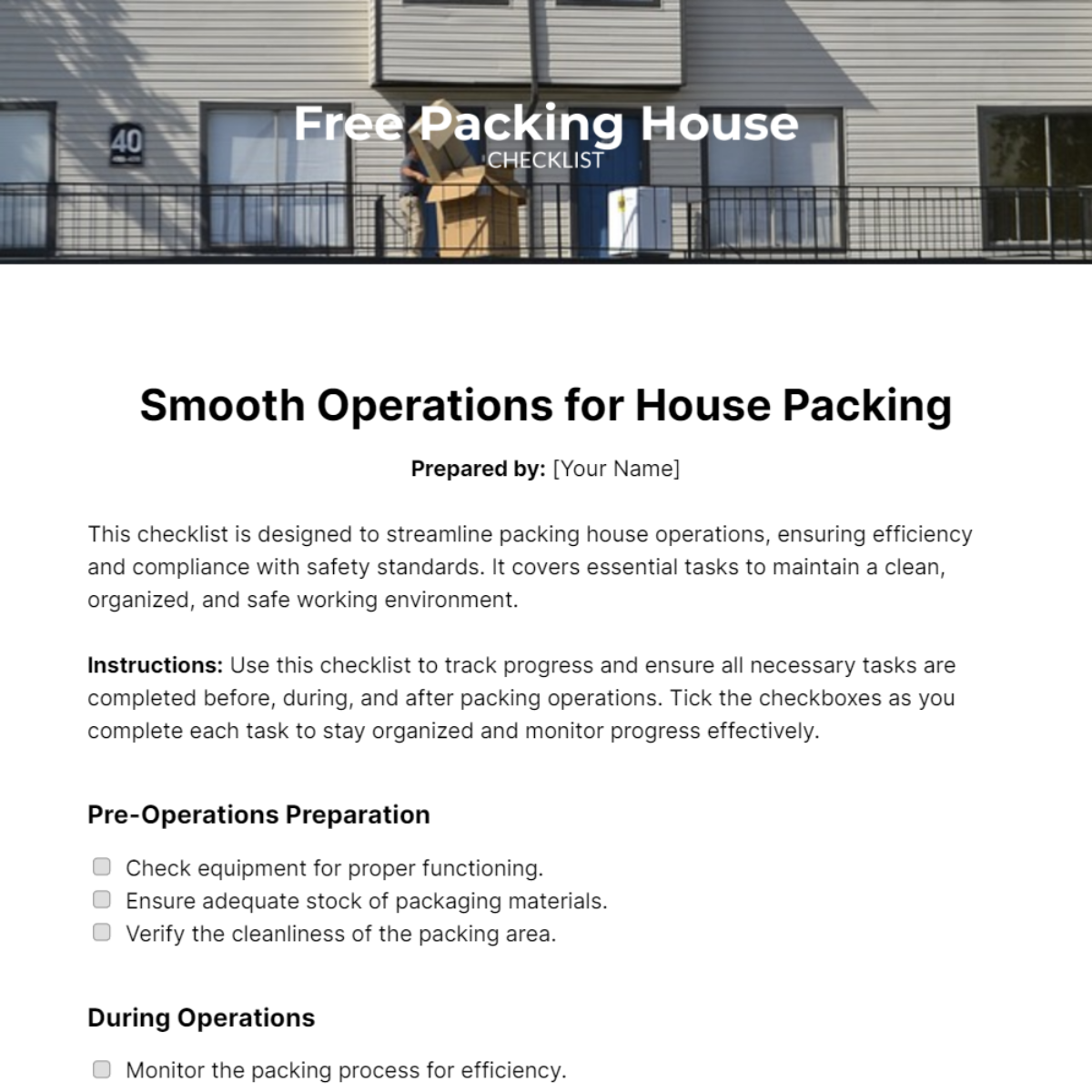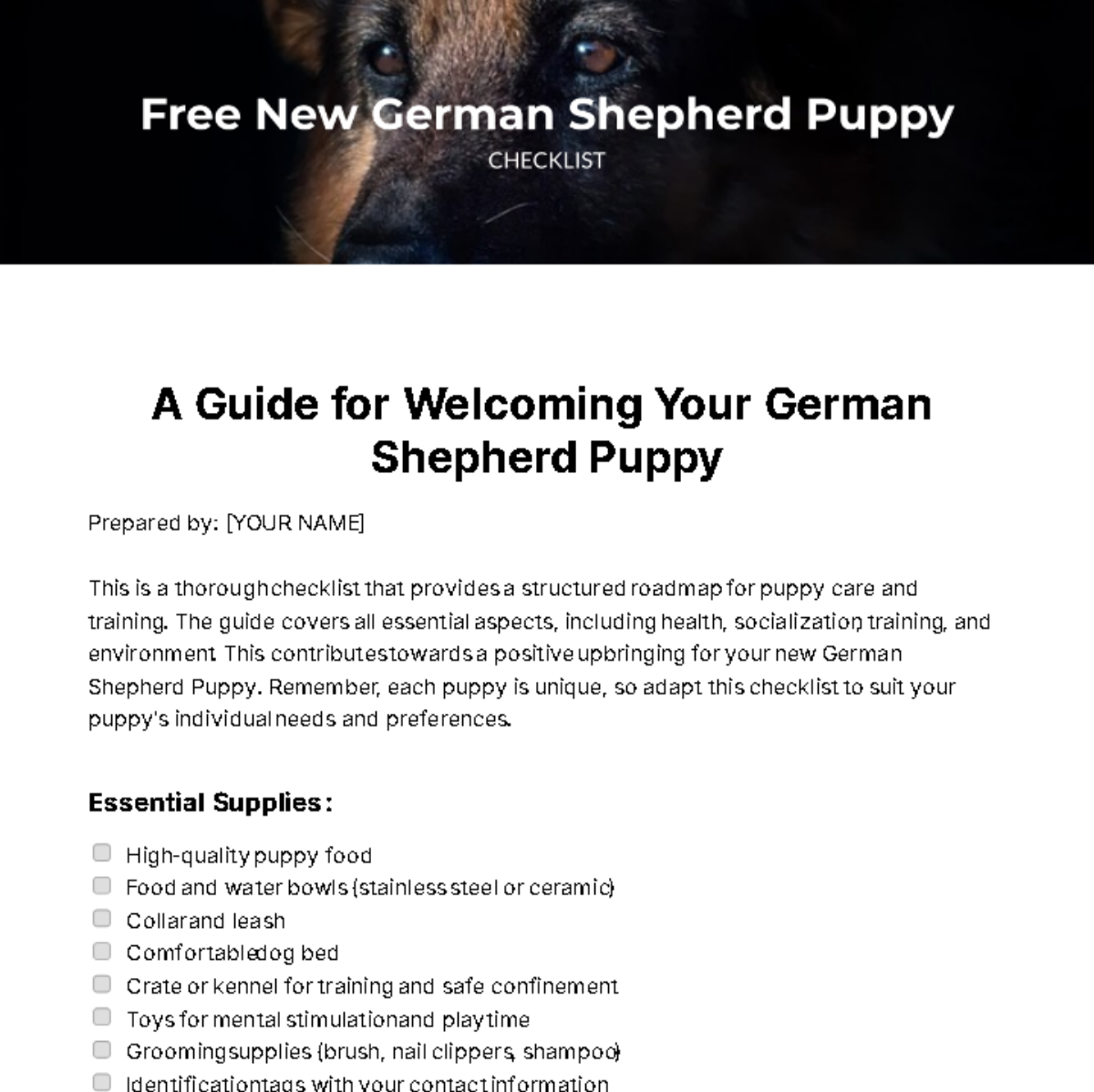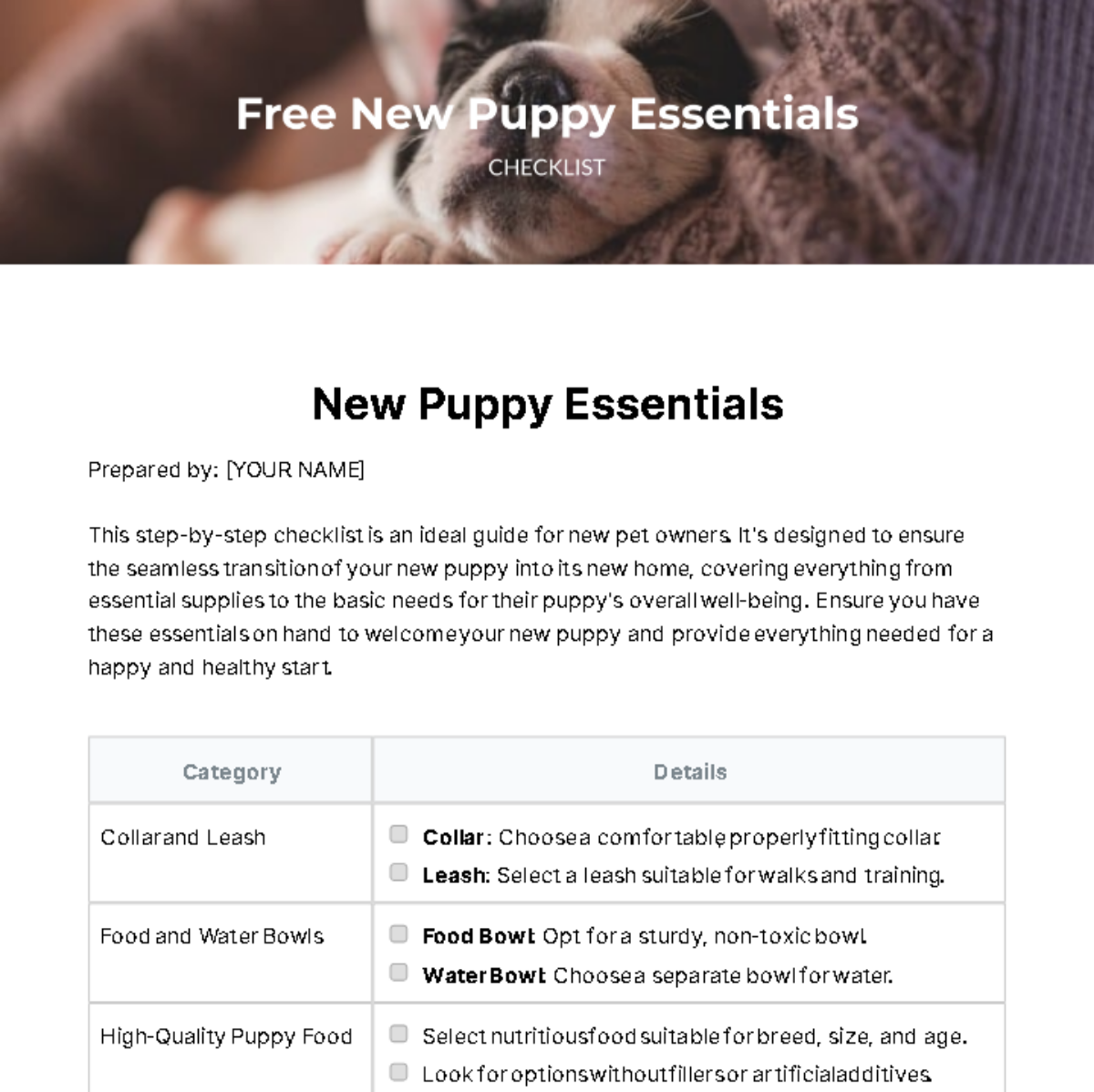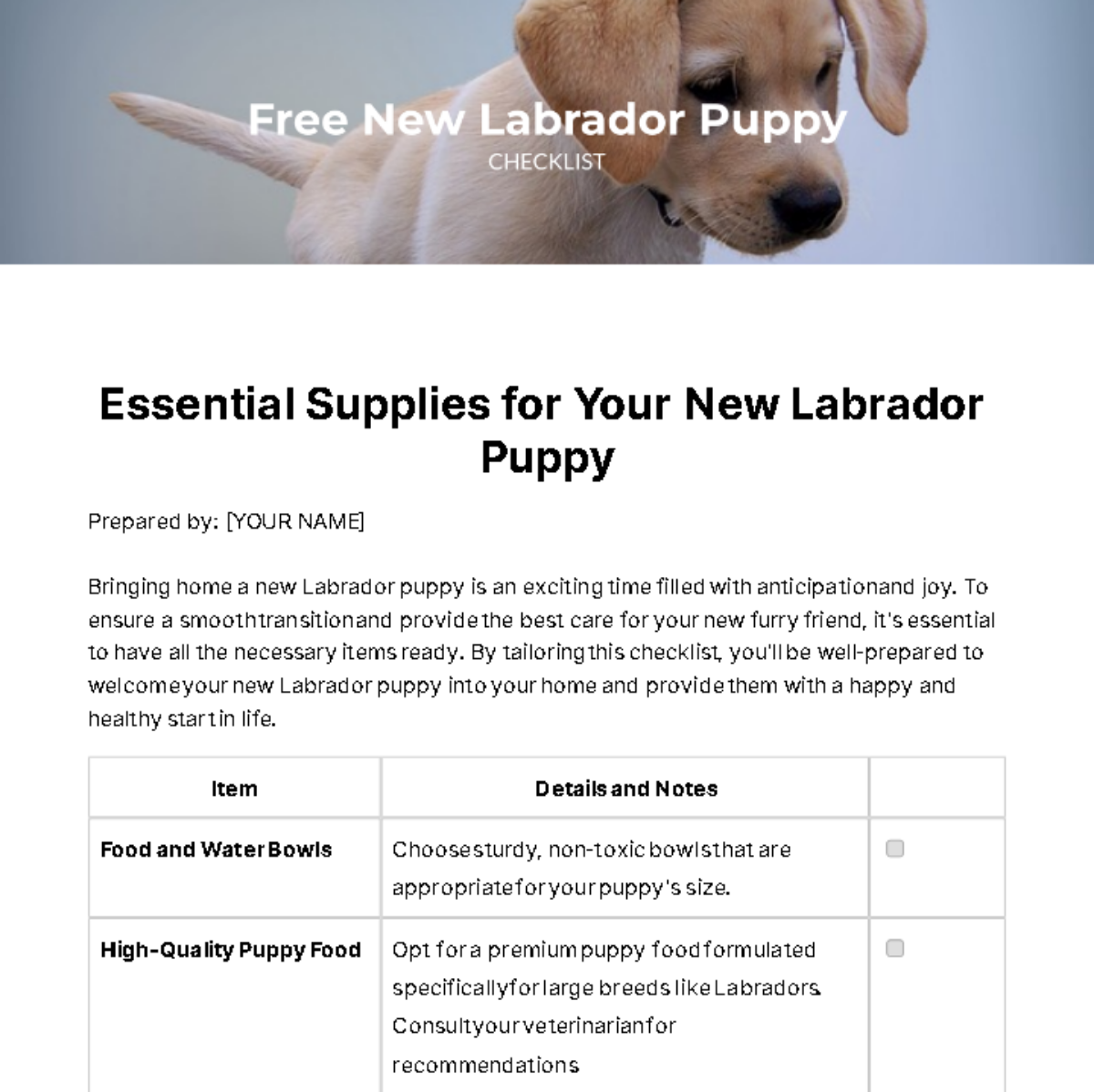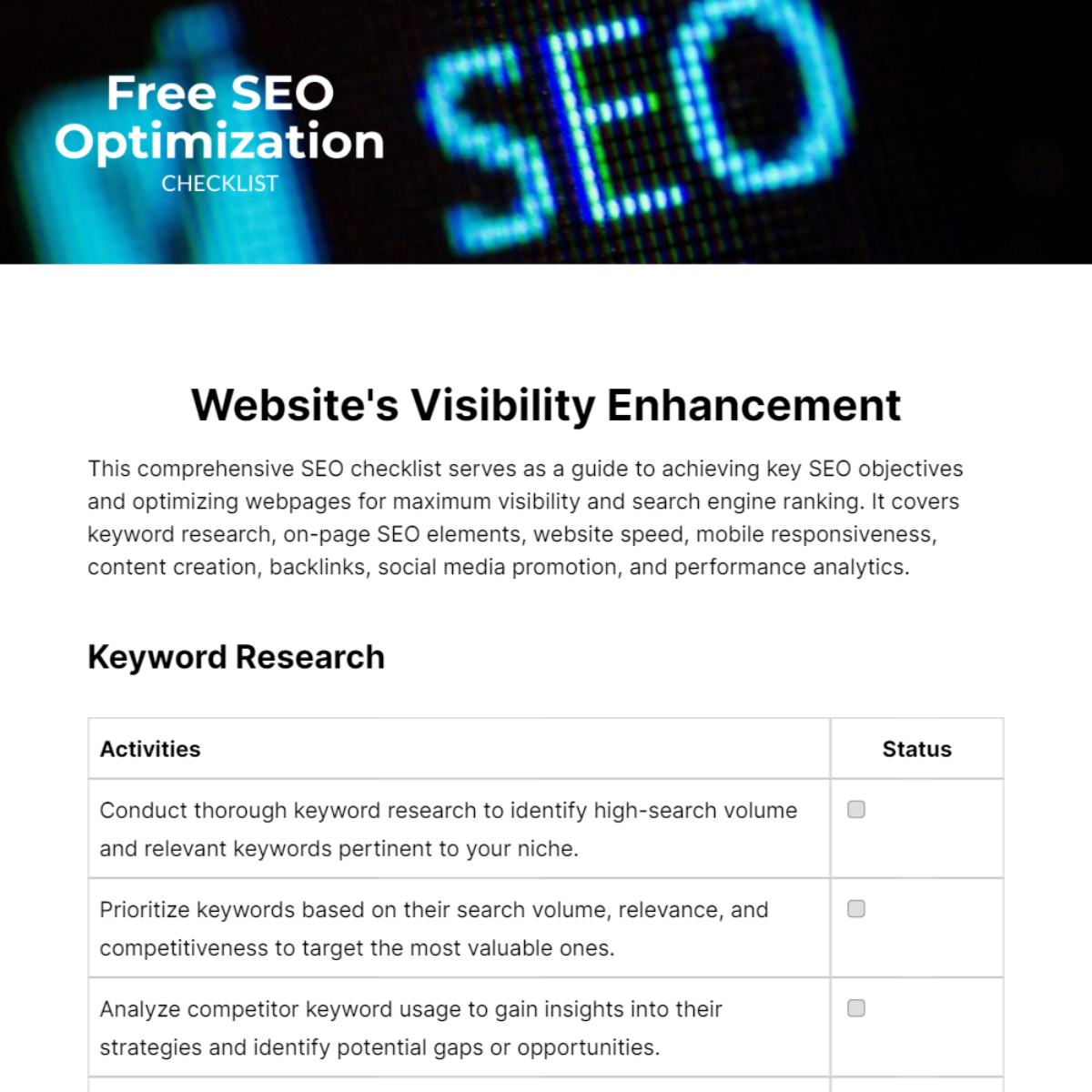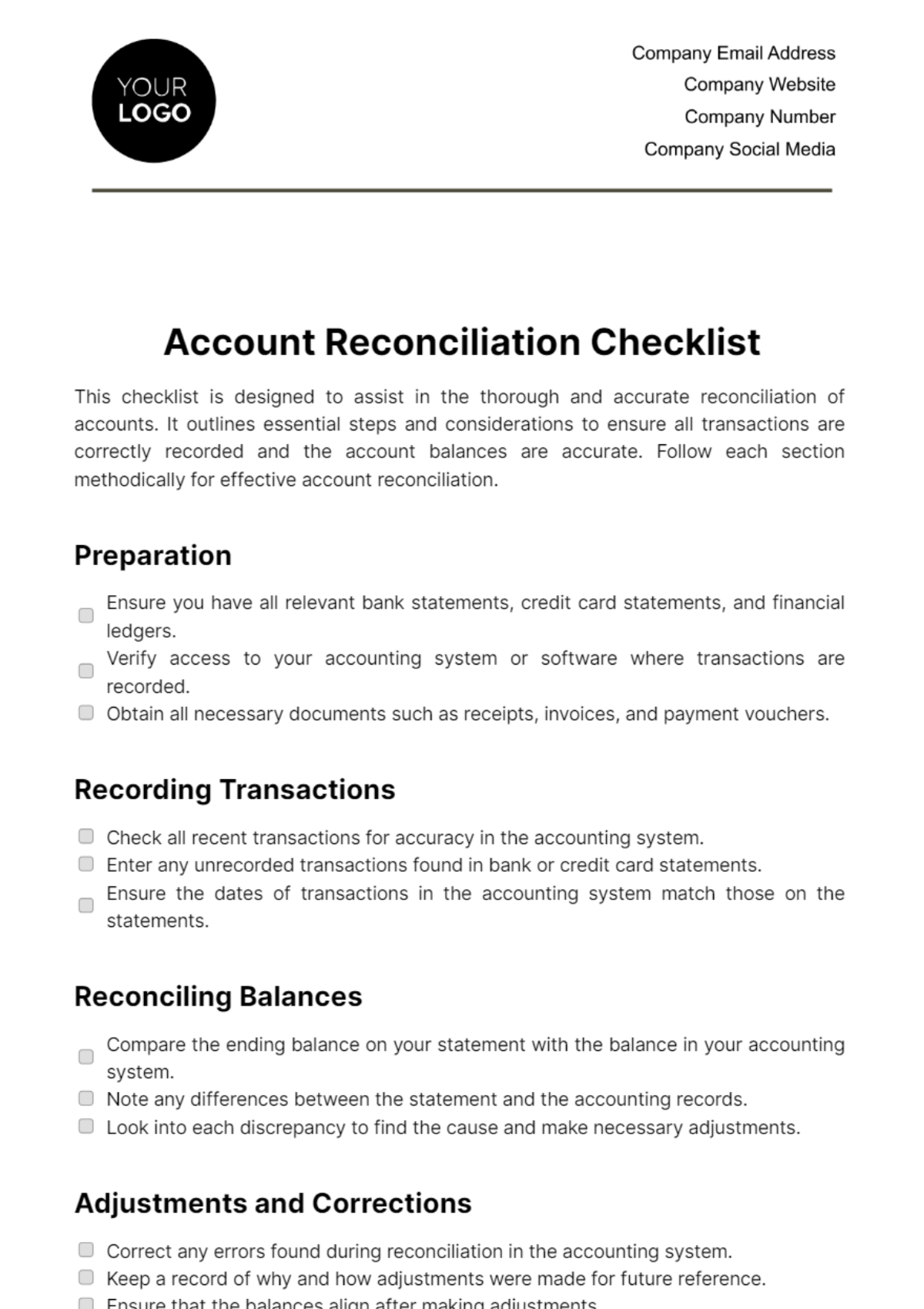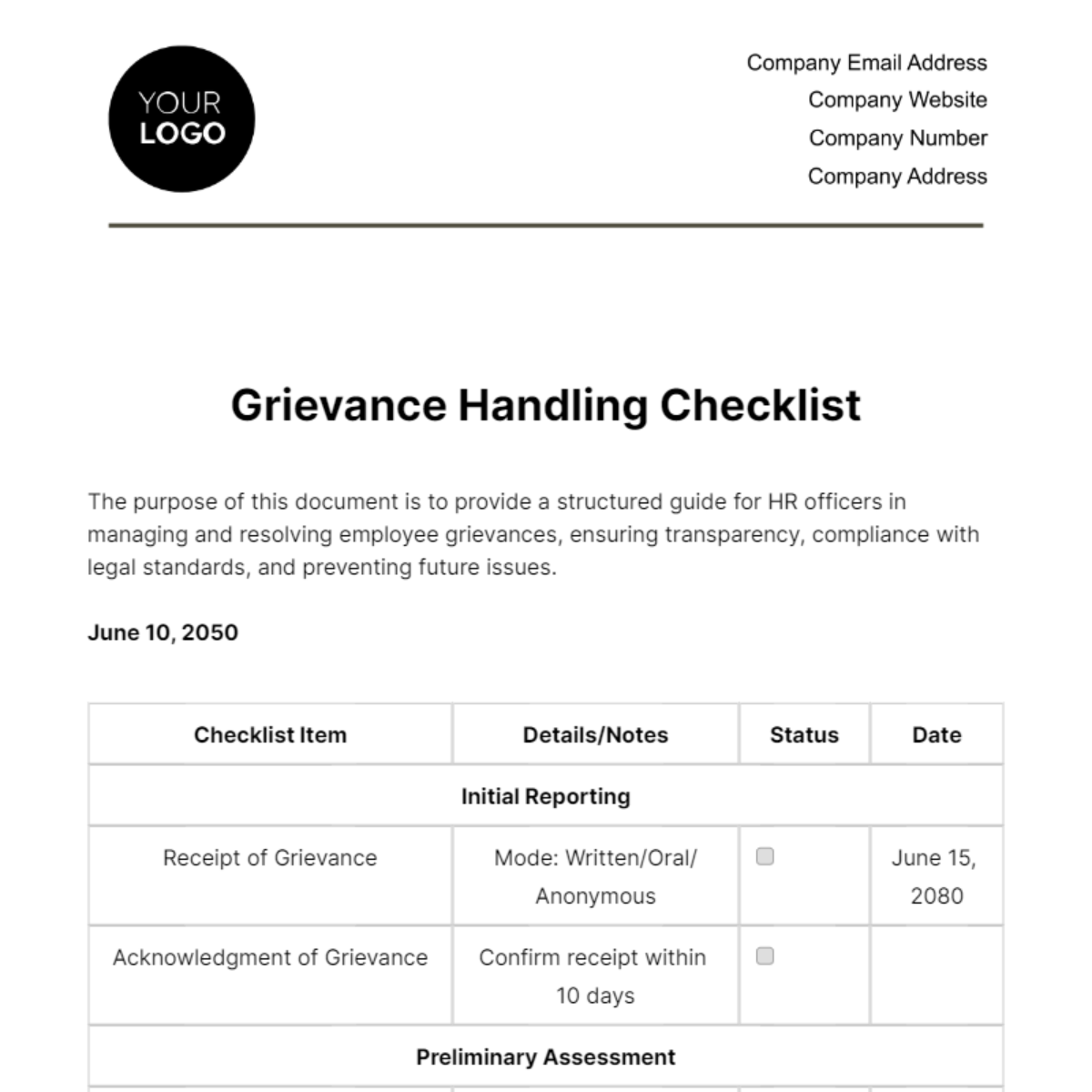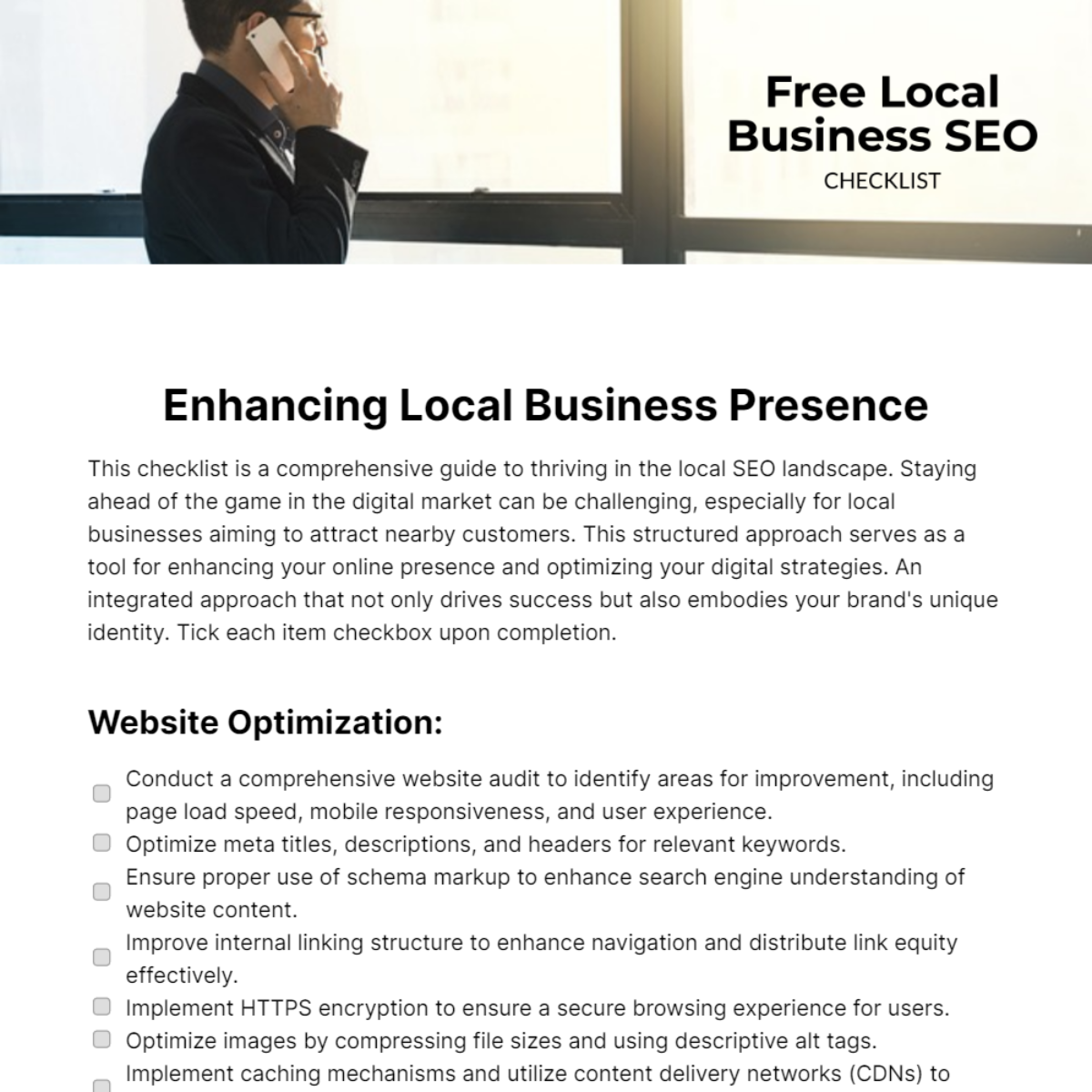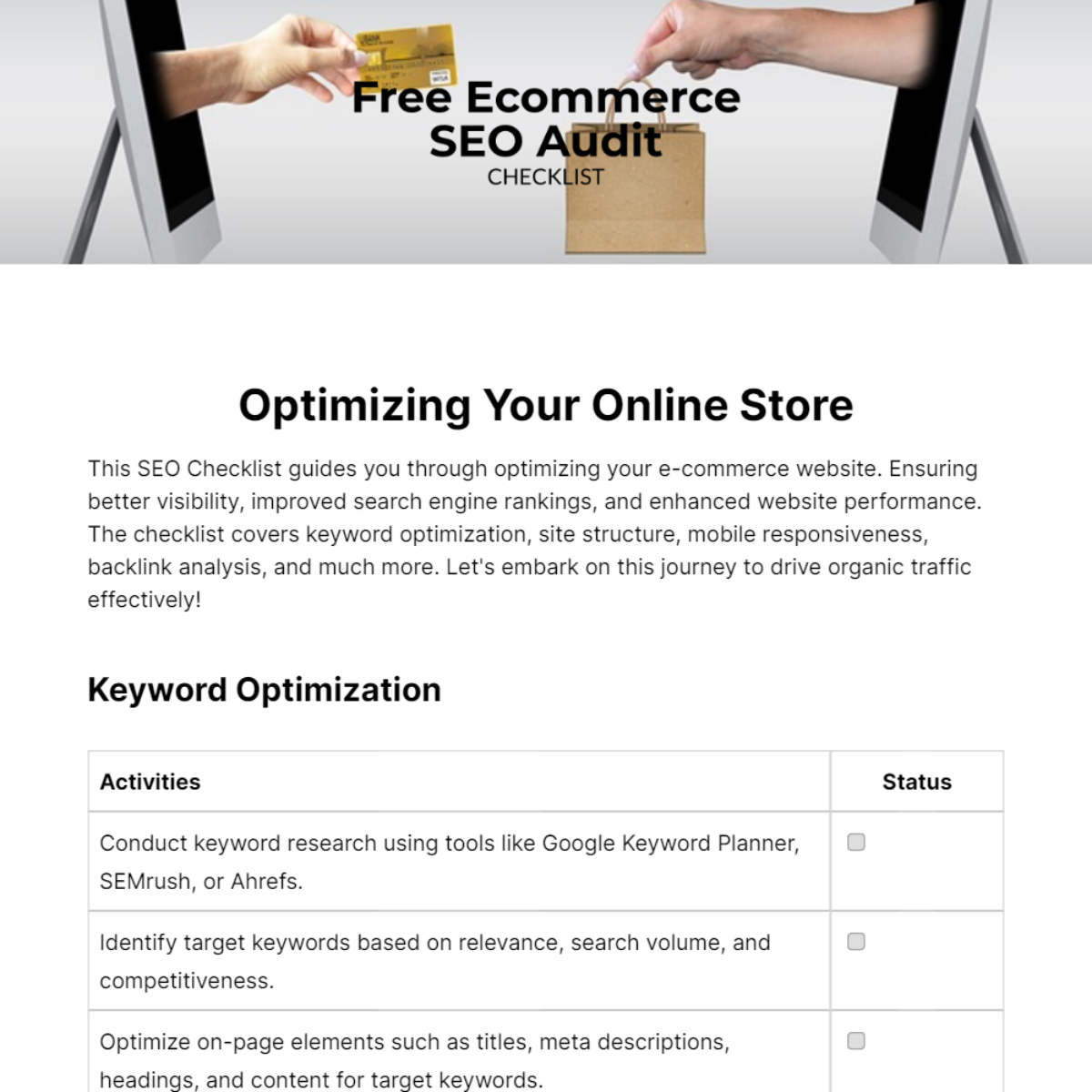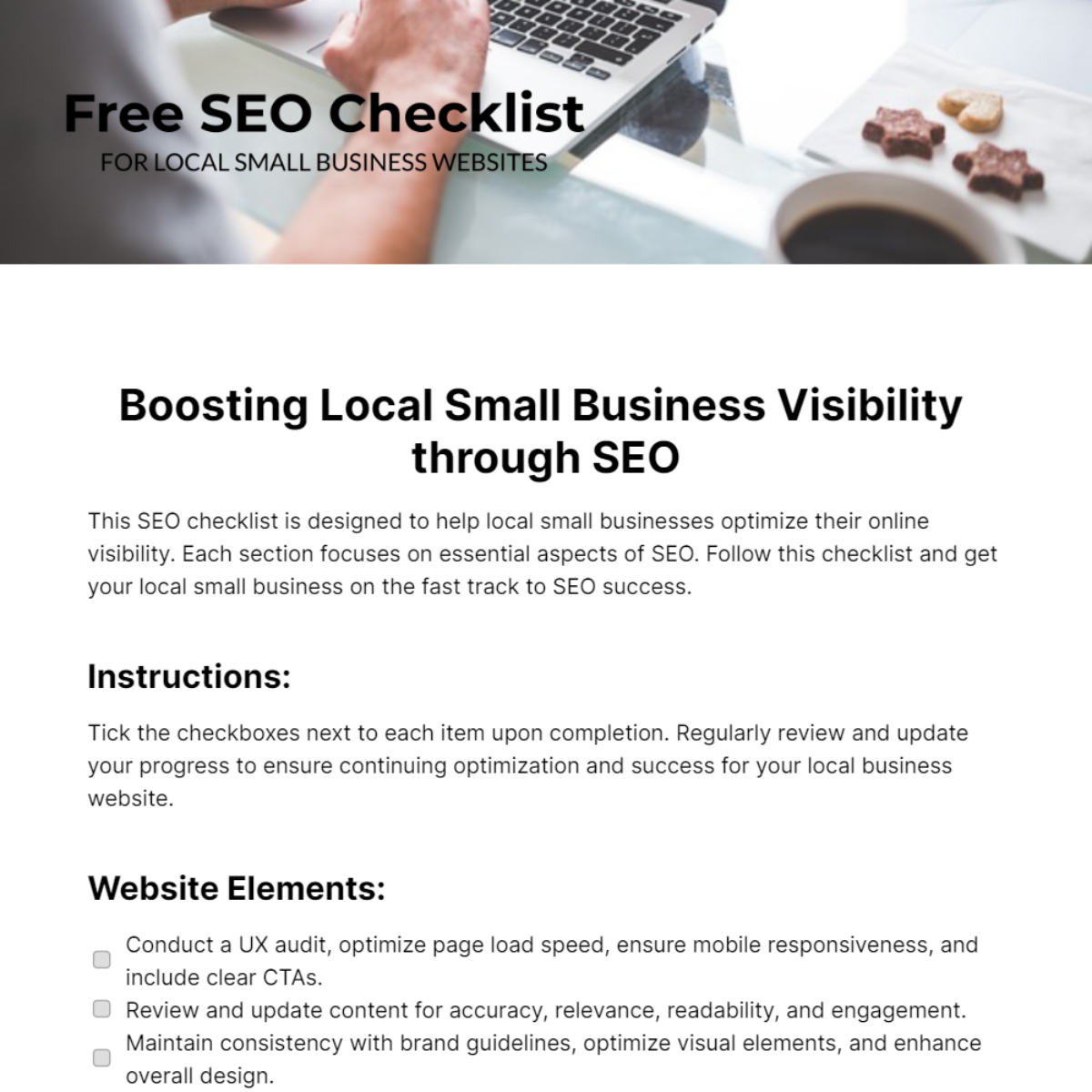Key Components for Crafting an Effective SEO Strategy
This checklist ensures the practice of all essential elements in optimizing online presence and promoting targeted traffic for digital success. Follow this step-by-step guide to drive your SEO strategy towards an all-encompassing and effective approach. Also, tick each checkbox upon completion to monitor progress.
SEO Objective Planning:
Keyword Research: Identify relevant keywords for your website's niche and target audience.
Competitor Analysis: Analyze competitors' strategies to understand their strengths and weaknesses.
Setting Goals: Establish measurable goals for your SEO efforts, such as increasing organic traffic, improving search engine rankings, or boosting conversion rates.
Audience Persona Development: Define your target audience and create detailed personas to tailor your SEO strategies accordingly.
Content Strategy: Develop a content strategy aligned with your SEO objectives, focusing on creating high-quality, relevant, and engaging content.
Technical SEO Audit: Conduct a comprehensive audit of your website's technical aspects to identify and address any issues that could affect search engine visibility.
On-Page SEO:
Optimizing Title Tags and Meta Descriptions: Craft compelling title tags and meta descriptions containing relevant keywords to improve click-through rates.
Keyword Optimization: Strategically place keywords in page titles, headings, body content, and image alt attributes while maintaining natural language flow.
Content Optimization: Ensure content is well-structured, informative, and valuable to users, incorporating relevant keywords and addressing user intent.
Internal Linking: Establish a logical internal linking structure to improve navigation and distribute link equity throughout your website.
Optimizing Site Speed: Improve website loading times by optimizing images, minimizing HTTP requests, and leveraging browser caching.
Mobile-Friendliness: Ensure your website is responsive and provides a seamless user experience across various devices.
Off-Page SEO:
Link Building: Acquire high-quality backlinks from authoritative websites through outreach, guest blogging, directory submissions, and social media engagement.
Social Media Marketing: Share valuable content across social media platforms to increase brand visibility, attract traffic, and encourage user engagement.
Online Reputation Management: Monitor and manage online reviews, mentions, and discussions to maintain a positive brand reputation.
Local SEO: Optimize your website for local search by claiming and optimizing Google My Business listing, obtaining local citations, and encouraging customer reviews.
Influencer Partnerships: Collaborate with influencers and industry experts to amplify your brand's reach and credibility.
Content Syndication: Distribute your content through reputable channels and platforms to reach a wider audience and attract natural backlinks.
Created by:
[Your Name]
